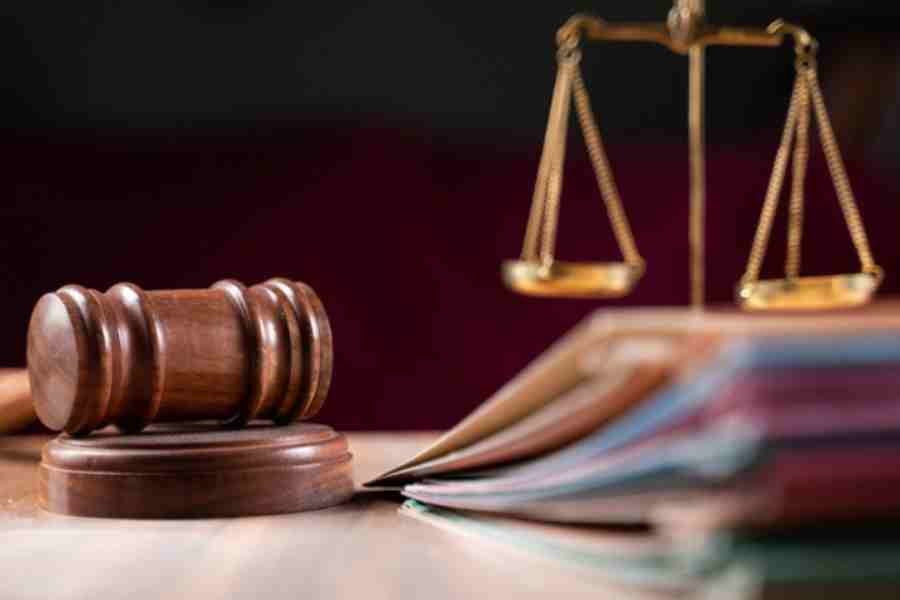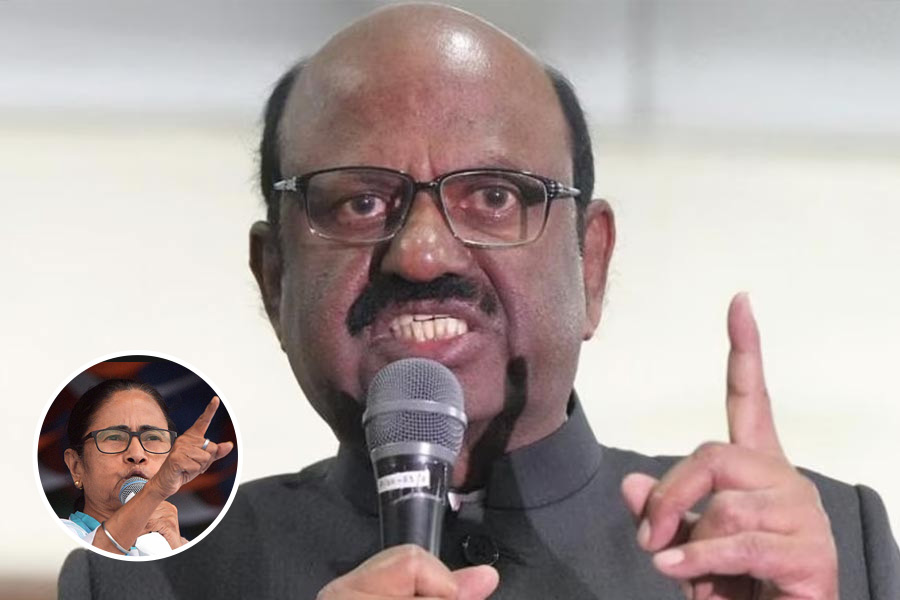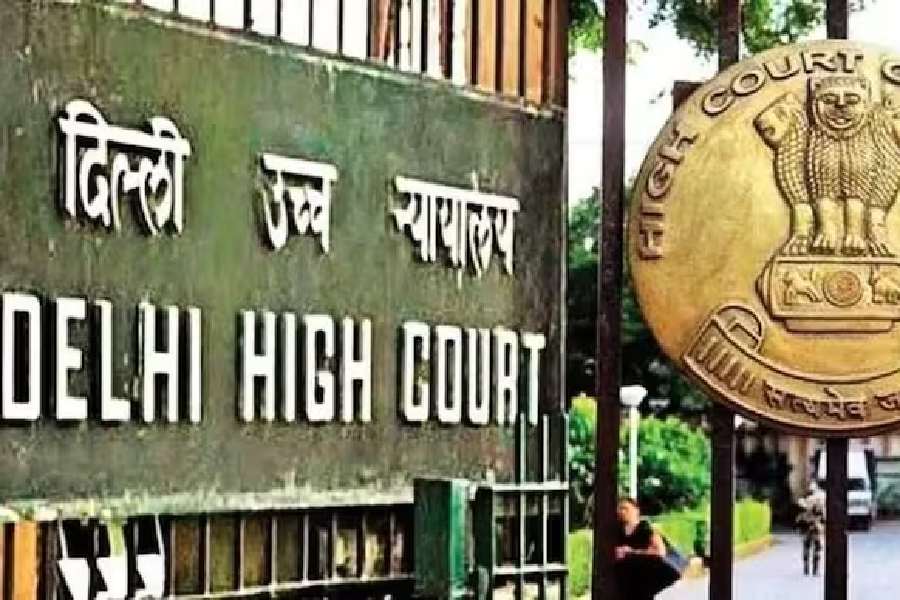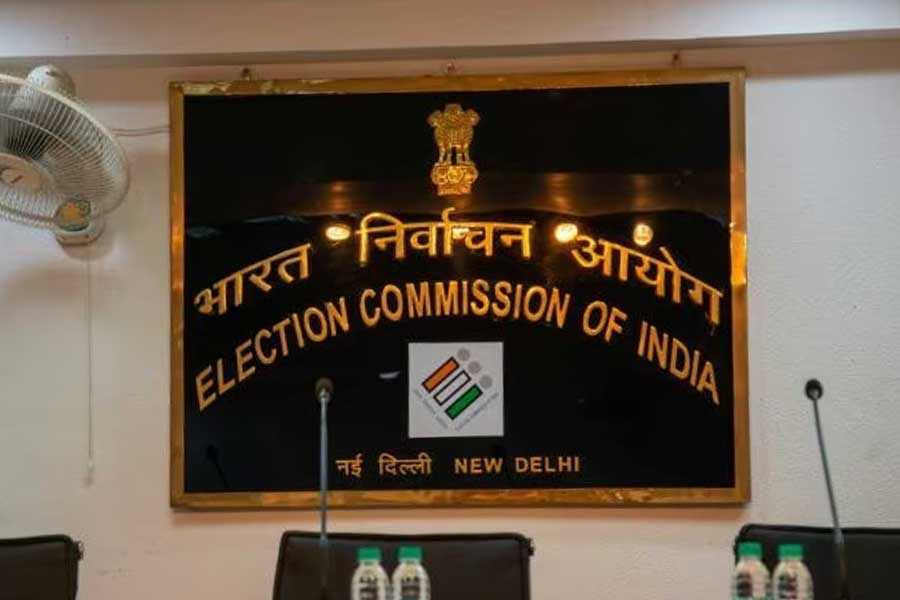One of the judges on the constitution bench that on Monday upheld the abrogation of Article 370 recommended the establishment of a “truth and reconciliation commission” to investigate human rights violations by “State and non-State actors” in Jammu and Kashmir at least since the 1980s and recommend “measures for reconciliation”.
“In order to move forward, the wounds need healing,” Justice Sanjay Kishan Kaul, second in seniority in the Supreme Court, said in the epilogue to his separate but concurring judgment.
“This Commission should be set up expediently, before memory escapes. The exercise should be time-bound. There is already an entire generation of youth that has grown up with feelings of distrust and it is to them that we owe the greatest duty of reparation.”
Justice Kaul, who hails from Jammu and Kashmir, added: “What is at stake is not simply preventing the recurrence of injustice, but the burden of restoring the region’s social fabric to what it has historically been based on – coexistence, tolerance and mutual respect. It is worth noting that even the partition of India in 1947 did not impair Jammu & Kashmir’s communal and social harmony. In this context, Mahatma Gandhi is famously quoted to have said that Kashmir was a ray of hope for humanity!
“The first step towards this is to achieve a collective understanding of the human rights violations perpetrated both by State and non-State actors, against peoples of the region. There have been numerous reports documenting these incidents over the years. Yet, what is lacking is a commonly accepted narrative of what happened, or in other words, a collective telling of the ‘truth’.
“Internationally, the right of victims of human rights violations to the truth is an end in itself. It encompasses a structural investigation of the events and socio-political structures that led to the atrocity, the particular circumstances of individual suffering, and an authoritative reporting of the results of the investigation.
“Additionally, truth-telling provides an opportunity for victims to narrate their stories, which facilitates an acknowledgement from those responsible for perpetuating the wrongs, and from society as a whole. This paves the way for reconciliation.
“While there are different ways of achieving these objectives, truth and reconciliation commissions have been particularly effective globally.”
Justice Kaul cited how South Africa had set up a truth and reconciliation commission to investigate human rights violations perpetrated under the apartheid regime. “It served as a means of reckoning or catharsis for victims, and fostered peace-building,” he said.
He observed that the people of Jammu and Kashmir had been victims of decades of conflict, starting with the invasion of the Valley in 1947, and that political circumstances had not allowed redress to the fullest extent.
He recalled that the second round of insurgency originated in the latter part of the 1980s, culminating in the migration of one part of the population of the state in 1989-90.
“It is something that our country has had to live with and without any redressal for the people who had to leave their home and hearth,” he wrote.
Justice Kaul said the situation became so aggravated that the army had to be called in. The entry of the army “created its own ground realities in their endeavour to preserve the integrity of the State and the nation against foreign incursions. The men, women and children of the State have paid a heavy price.”
He added: “During my travels home over the years, I have observed the social fabric waning, and the consequences of intergenerational trauma on an already fractured society. I cannot help but feel anguish for what peoples of the region have experienced and am constrained to write this Epilogue.”
As a “word of caution”, he said: “The Commission, once constituted, should not turn into a criminal court and must instead follow a humanised and personalised process enabling people to share what they have been through uninhibitedly. It should be based on dialogue, allowing for different viewpoints and inputs from all sides.
“This will facilitate a reparative approach that enables forgiveness for the wounds of the past, and forms the basis of achieving a shared national identity. Needless to say, the Commission is only one of the many avenues towards the goal of systemic reform. It is my sincere hope that much will be achieved when Kashmiris open their hearts to embracing the past and facilitate the people who were compelled to migrate to come back with dignity. Whatever has been, has been but the future is ours to see.”










